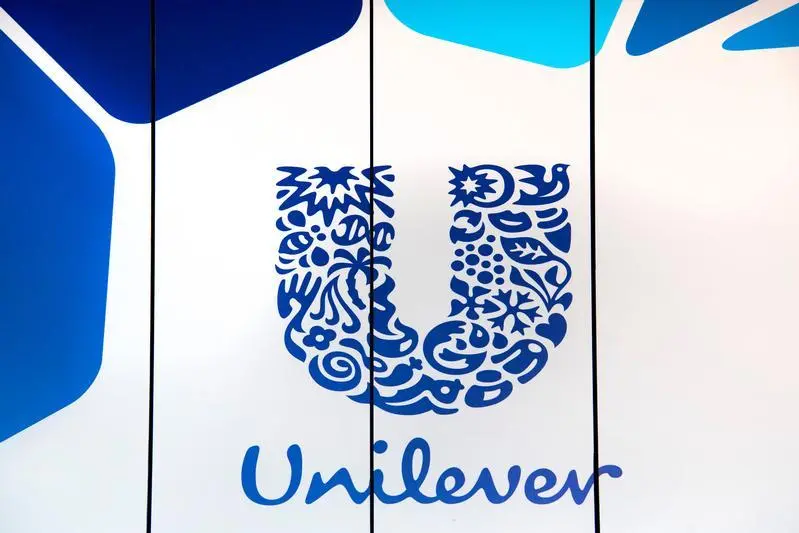PHOTO
(The author is a Reuters Breakingviews columnist. The opinions expressed are her own.)
LONDON - Unilever’s chief executive has offered up a hostage to fortune. Announcing a plan to unify the Anglo-Dutch giant’s twin holding companies in London, Alan Jope promised that if the consumer giant ever spins off its foods and refreshment unit, it would be listed in Amsterdam. If Unilever stumbles, investors could use the hypothetical pledge as a stick.
The promise looks like a sop to disappointed Dutch politicians and shareholders. Unilever has no plans to list the business, which spans Hellmann’s mayonnaise and Magnum ice creams. Besides, there’s no sign that doing so would unlock any value.
The food unit earned 3.4 billion euros before interest and tax last year, after stripping out currency movements. If valued in line with French dairy group Danone, which has an enterprise value of 15 times EBIT, it would be worth 51 billion euros.
Unilever’s personal care division, which makes Dove soap and Vaseline, reported underlying EBIT of 5 billion euros in 2019, implying an enterprise value of 95 billion euros if valued at the same 19 times multiple as Colgate-Palmolive. The home care business, which makes Domestos and Persil, is similar to Germany’s Henkel, which trades at 11 times historical EBIT. That implies a value of around 18 billion euros.
After subtracting 23 billion euros of net debt, this calculation suggests the three divisions have a combined equity value of around 140 billion euros. That’s just 5% more than Unilever’s current market capitalisation: not enough to justify the hefty transaction costs and lost synergies that would come with a breakup. And a stand-alone food business might find it harder to negotiate attractive terms with retail behemoths like Walmart and Amazon.com.
That doesn’t mean Jope can relax, though. Revenue at Unilever’s food division contracted almost 2% in the first quarter. Though Covid-19 weighed on demand, rival Nestlé NESN.S managed sales growth of 4%. If Jope offloads unfashionable tea brands like PG Tips and Lipton, the food portfolio will still be an odd blend of Knorr stock cubes and ice cream brands like Carte D’Or.
Persistent underperformance could change the arithmetic for a breakup and revive interest in the Amsterdam listing. Assuming Unilever succeeds in unifying its two holding companies in a single London-listed entity, it will also have fewer defences from uppity investors. Jope’s promise could end up being an activist’s threat.
CONTEXT NEWS
- Unilever on June 11 said it will unify its legal structure by merging its Anglo-Dutch holding companies into a single London-listed parent company. Unilever promised that if it were to split off its foods and refreshment business at any point, that company would be based and listed in the Netherlands.
(The author is a Reuters Breakingviews columnist. The opinions expressed are her own.)
(Editing by Peter Thal Larsen and Karen Kwok) ((dasha.afanasieva@thomsonreuters.com; Reuters Messaging: dasha.afanasieva.thomsonreuters.com@reuters.net))





















